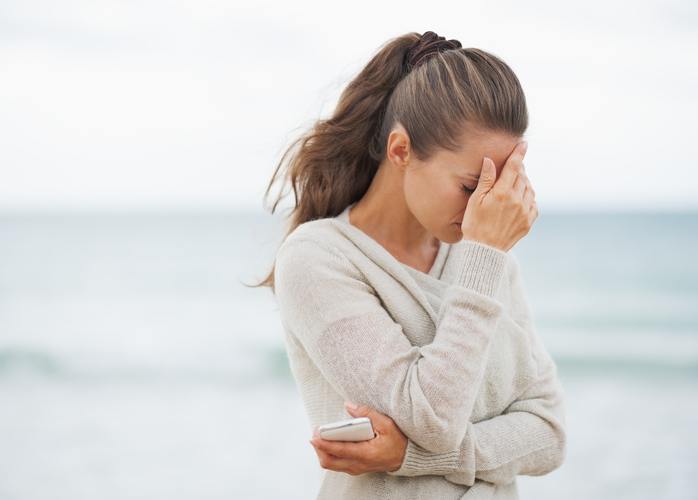✕
SHA MAGAZINE
Subscribe to our newsletter
Stay up to date every month with all the latest articles in health, wellness and healthy nutrition

Each person reacts differently to stress, but generally speaking, the triggers are similar for most people. However, did you know that women respond to stress differently than men, and that they are more prone to stressing out? The expert in stress management and head of the Mind & Body unit at SHA Wellness Clinic, Conceçao Espada, has launched her new book, ‘Estoy Extresada’, providing a practical guide for women to find balance in a world where they have play many roles in their day to day.
With the help of Conceiçao, we’ve delved into the world of stress. What is it, why do women suffer more stress and how can we manage it to avoid suffering from health problems, like for example becoming infertile?